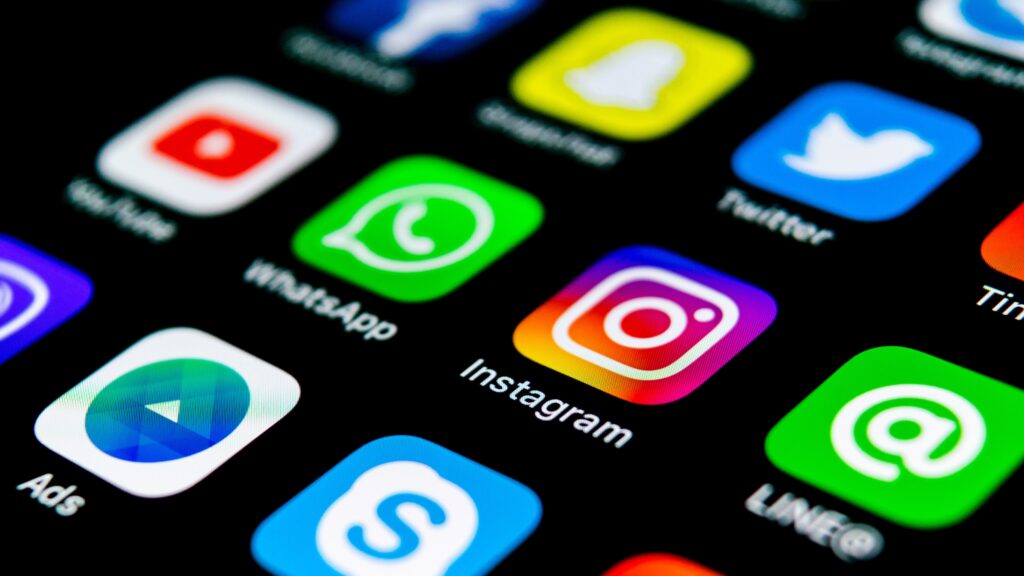Morgan Sweeney | August 19, 2024
(The Center Square) — The Virginia Department of Education released a draft guidance for cell phone-use policies in K-12 schools, determining that “cell phone-free education” means students not accessing or using their phones between the start and end of the school day.
Following an executive order issued by Gov. Glenn Youngkin on July 9, which called for cell phone-free education in commonwealth schools, the department held nine public listening sessions at schools throughout the commonwealth and 11 additional stakeholder conversations, in addition to receiving over 1,500 public comments online.
In its guidance, the department said 77% of the feedback was “strongly in favor of the cell phone-free instructional time.”
Prior to the executive order, more than a few Virginia school districts had adopted strict cell phone policies for their elementary schools and limited middle and high school students’ cell phone usage between classes and at lunchtime.
If parents decide that their elementary school student needs to bring a cell phone to school, the phone “must be turned off and stored away from the student during the school day.” Students are not to use any personal electronic communication devices on school grounds, but schools can determine their policies for school bus use.
For older students, the guidance goes further than most schools have issued. Under the guidance, middle and high school students cannot use any type of personal electronic communication device, including cell phones and wearable devices, between bells – in other words, they can’t use them at all during the school day, including during passing times and lunch. During the day, devices are to be off and stored somewhere; the guidance allows schools to decide whether they allow phones to be stored in students’ backpacks, lockers, in a locked pouch or in “a designated place in the classroom.”
Students and parents are directed to use school-based communication channels to reach each other during the school day.
The guidance reiterates that all schools must have “crisis and contingency plans for school-based emergencies that include written procedures and training for employees, students, and other staff during crisis and emergency situations,” these plans must be reviewed annually, as required by Virginia law. It underscores the need for adults to have access to a cell phone or classroom phone during an emergency but does not comment on school emergency student cell phones; it merely states that school divisions must “establish clear protocols” on how to communicate with students, staff and families during such events.
Finally, it also requires school districts to create cell phone policies for all school-sponsored, off-site events. It does not include details on how schools should enforce their policies.
The guidance will be finalized on Sept. 15, and schools must finalize their policies on the issue by Jan. 1, 2025.
This article was made available to EdNews Virginia via The Center Square, a project of the Franklin News Foundation.
